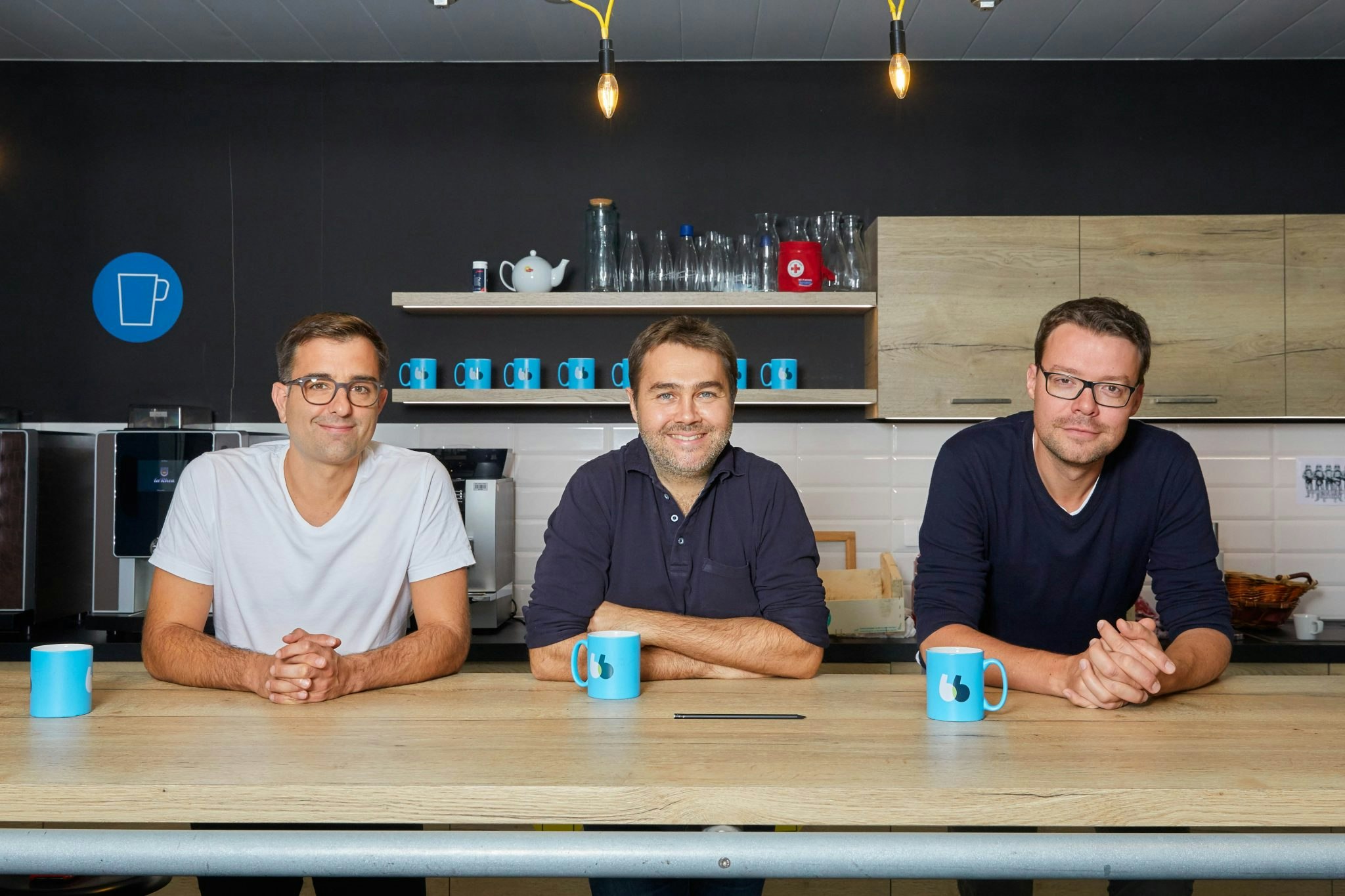Europe's on-demand taxi startups are loving the news that Uber has lost its London taxi licence after local regulators said it had identified a "pattern of failures" at the US company that put passengers' safety at risk.
Martin Villig, a cofounder of Bolt, the Estonian ride-hailing company formerly known as Taxify, responded to the news with a tweet saying: "Boom, again! #Uber #London license not extended. Look out for fair alternatives, like @BoltApp"
In an emailed statement, the Bolt press office sought to rub more salt into the wound: "We spent a year working with TfL on our successful London licence application and we continue to pay the utmost attention to the credentials of drivers we permit to use our platform... Recent events highlight the critical importance to public safety of not just checking but knowing who those drivers are and taking a deep interest in their overall wellbeing."
Bolt has been making a concerted effort to take on Uber in the London market this year, boasting that 300,000 Londoners have signed up to its platform in just three months since its summer launch. It has also seen around 50,000 drivers join a waiting list to work on its platform.
These efforts will be boosted by an announcement on Monday that London's regulator, Transport for London, had declined to renew Uber's licence. TfL said it had found unauthorized drivers using the accounts of real, approved Uber drivers and picking up passengers using vehicles they weren't registered to drive. The regulator said these fraudulent drivers had conducted 14,000 trips.
“It is unacceptable that Uber has allowed passengers to get into minicabs with drivers who are potentially unlicensed and uninsured,” said Helen Chapman, the director of licensing, regulation and charging at TfL on Monday. Uber has 21 days to appeal, and will be able to continue running its service in the meantime.
The blow to Uber will be a shot in the arm to Bolt, as well as other European startups competing in the on-demand transport sector such as Kapten, Xooox, Wheely and ViaVan. Kapten, a French startup backed by Daimler and BMW, is in a particularly good position having launched in London in May this year.
Henry Joseph-Grant, the chief commercial officer at Talixo, a transportation startup focused on the business market said: "Ouch Uber... At Talixo we only work with fully vetted, registered, licensed and insured fleets in 1000+ cities, we have never had any safety issues. Prevention is the best cure."
Mark Tluszcz, CEO of VC firm Mangrove Capital Partners, on Monday said: "Uber pushes the narrative that consumers rely on its service and any action by regulators will be deeply unpopular.... [But] the fact is that there are many other taxi apps that would happily — and very quickly — soak up their business and keep London moving."
In an interview with Sifted earlier this month, Bolt chief executive Markus Villig said that he was taking on Uber across the continent by aggressively undercutting it on price and learning from Uber’s many, many mistakes. Namely burning cash unnecessarily, which Villig says he determined not to do.
“If you start off having access to $20bn and you think this is a winner-takes-all industry and everybody’s telling you the only thing that matters is top-line growth then that results in a very specific culture of just spending very lavishly where you might not need it,” he said.


